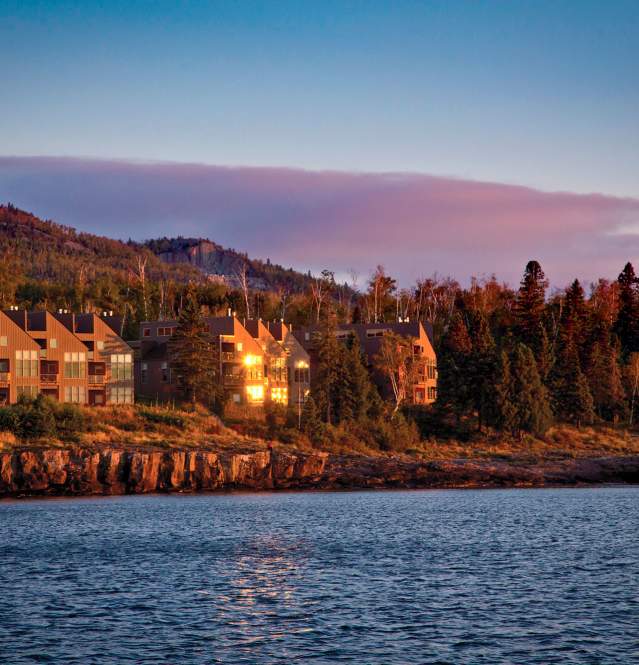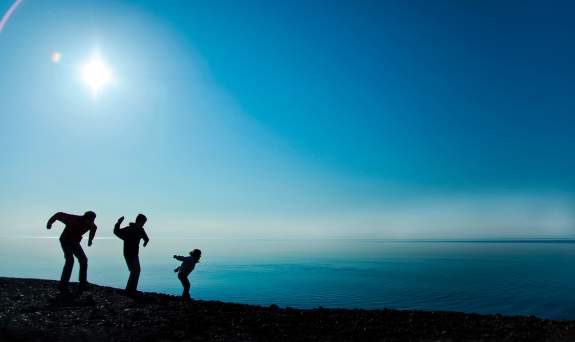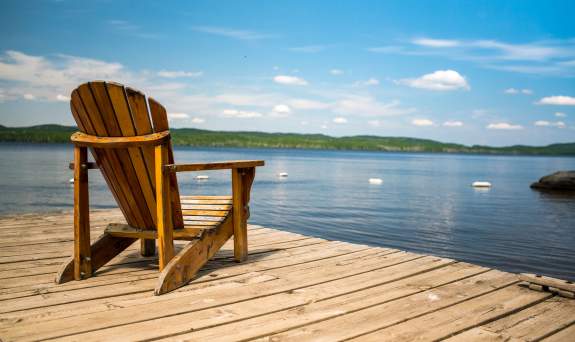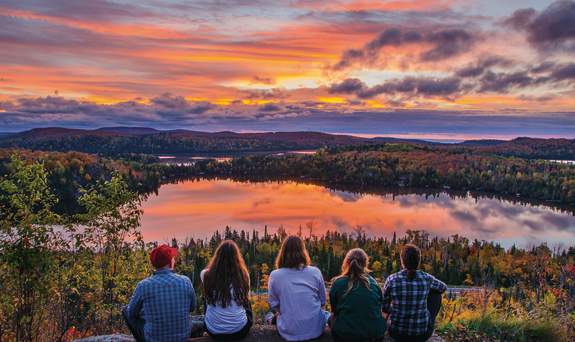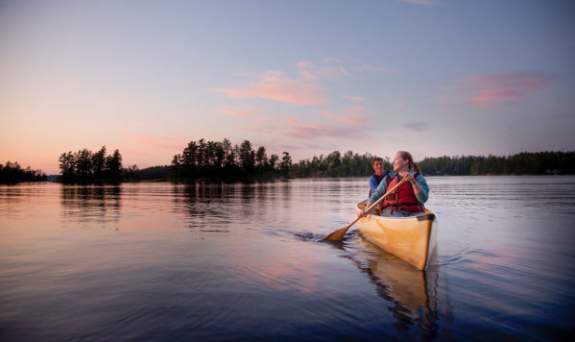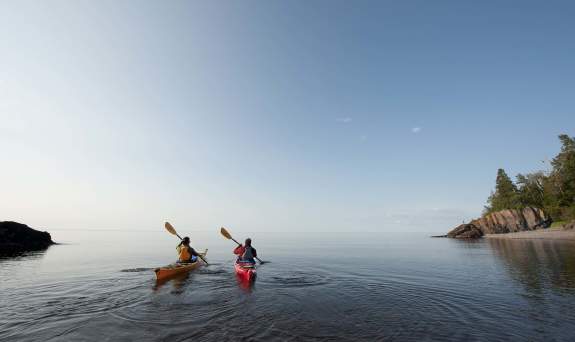Lodging Tax in Cook County
FAQ Lodging Tax and Visit Cook County
Click here for a Printable PDF of the Lodging Tax FAQs
Lodging Tax
What is Visit Cook County (VCC)?
Visit Cook County is a Destination Marketing Organization (DMO) that represents the tourism tax jurisdiction of the Lutsen-Tofte Tourism Association (LTTA), Grand Marais Area Tourism Association (GMATA), Gunflint Trail Association (GTA) and voluntary contributing partners of Grand Portage and Lutsen Mountains. Learn more about Visit Cook County and the tourism associations in the VCC Guidebook.
What is a Destination Marketing Organization (DMO)?
Destination Marketing Organizations (DMO) or convention and visitors bureau (CVB) is a not-for-profit that promotes and markets local attractions, accommodations, tourism services, and events. The primary objective is to attract and inform visitors about a destination to support the local economy. DMOs are typically funded through lodging tax, membership dues, improvement districts and other resources.
Is Visit Cook County associated with the local or state government?
No, it is not a branch of the city, county or state government. Visit Cook County is an independent 501(c)6 nonprofit organization. A 501(c)6 is defined as an association of persons having some common business interest, the purpose of which is to promote such common interest and not to engage in a regular business of a kind ordinarily carried on for profit.
How is Visit Cook County funded?
Visit Cook County is funded by lodging tax (both a 3% and 1%) that is paid by visitors through overnight lodging accommodations. Additional non-lodging tax sources contribute to the overall budget such as grants, partner contributions and website sales.
What is lodging tax?
Lodging tax is referred to in many ways across the US. In some regions, lodging tax may also be known as stay tax, bed tax, occupancy tax, room tax, sales tax, tourist tax, or hotel tax. It is a tax that is paid by the visitor and collected by lodging entities.
What is the difference between 3% lodging tax and 1% lodging tax?
Per Minnesota state statute, a maximum of 3% lodging tax may be imposed by jurisdiction. 95% of collections must be spent on the marketing and promotion of the city/town or convention center. (Source: Minnesota State Statutes 469.190 Lodging Tax.) The additional 1% lodging tax is specific to Cook County and was obtained through special legislation in 2008. Commonly referred to as the “1% events tax,” its usage is more broad in scope to support the marketing and production of events and programming within Cook County. Only the 1% lodging tax is up for renewal per the special legislation.
Is the 1% Lodging Tax different from the 1% Sales Tax?
Yes! Though enacted around the same time in our county, the local 1% sales tax was special legislation to support specific projects. Some of the projects include the Cook County YMCA, county-wide broadband (True North), improvements to Superior National Golf Course, the renovation of the Grand Marais Public Library, improvements to Birch Grove Community School and others. The 1% sales tax sunsets when $20,000,000 has been collected. The 1% lodging tax is collected from visitors on overnight stays in lodging in Cook County, Minnesota. Visit Cook County is seeking renewal of the 1% lodging tax because this tax is slated to sunset in November 2023 without renewal. See above for more information on 1% lodging tax above.
Why can’t lodging tax be used for housing or other local programs?
Visit Cook County understands and recognizes the housing issues and is working closely with the Chamber, EDA, city and county government and private businesses to support finding sustainable solutions to the long-term housing needs of our communities. However, there are several reasons why lodging tax is protected by Minnesota state statute. Lodging tax was established with the sole purpose of building and sustaining a tourism economy. Per the state statute, 95% of lodging tax collections must be used to market and promote a destination or its attractions. The additional 1% lodging events tax, unique to Cook County, has a more broad use allowance. It is protected and restricted to promotion, marketing and production of events and attractions within a destination.
What would happen if all lodging tax collection was discontinued?
The impact would be devastating to our community. While hard to quantify the exact impact to our community without a formal study, other destinations have cut funding and immediately saw a decline in visitation and brand awareness. In 1993, Colorado became the first state to eliminate its tourism marketing funding which resulted in annual revenue loss of over $2 billion a year and took until 2015, even though funding was reinstated in 2000, to fully recover market share.
How does tourism impact the overall quality of life in Cook County?
Tourism impacts the local community in many ways. Across the nation, rural communities are losing their healthcare services, local grocery stores are unable to sustain business and recreational amenities are closing as the population in rural areas decline. In Cook County, we have a strong healthcare system, six grocery stores and recreational businesses like Lutsen Mountains or educational not-for-profits like North House Folk School, that continue to grow and expand. The 2019 sales tax report shows that of the 8 counties in Northeast Minnesota, Cook County ranks #3 in leisure and hospitality Sales Tax collections which is nearly double the amount that is collected in neighboring Lake County.
Sales tax is only one of many metrics that can be used to demonstrate the importance of tourism dollars in our local economy. Many amenities enjoyed by residents are sustained by tourism dollars. From the influx of property tax dollars into the County budget (i.e. public health and human services, law enforcement, and road maintenance), to how Visit Cook County uses lodging tax to invest in the community, to attractive dining options and live entertainment, “living like a local” would look very different if tourism was not our main industry.
We’re busy. Why do we need lodging tax?
Since 2010, the mission of Visit Cook County has been to “enhance and grow a sustainable tourism economy.” VCC has been working to achieve this by strengthening the shoulder seasons with the goal of stabilizing the tourism economy throughout the year.
Tourism has seen rapid growth, especially in the past year and a half. Visit Cook County recognizes this and has pivoted outward marketing efforts away from new visitor attraction to informational promotion. Focusing more on educating the current visitor on proper Leave No Trace etiquette, COVID-19 stay safe messaging, wayfinding, and finding local resources.
While the area is currently experiencing growth, it is important to note that stakeholders and national experts are expecting to see normal traffic patterns resume in the non-peak season (i.e. November – April.)
How are the VCC budget allocations determined?
Visit Cook County is led by three tourism associations who all contribute members to the main Board of Directors. Each tourism association dictates how money is allocated out of the 1% collected bed tax in their lodging district. The 3% budget is overseen and guided by the main Board of Directors with thoughtful input and suggestions from staff, marketing partners, and current tourism trends and opportunities.
Does the county or city government receive a portion of lodging tax revenue?
Yes, the county reserves 1.5% of total lodging tax collections to cover administrative costs. By Minnesota state statute, a maximum of 5% can be retained by a county entity to cover processing.
What is the process for renewing the additional 1% lodging events tax?
The 1% lodging tax is set to expire in November 2023 if not renewed. The process to renew began in January 2021 during the annual VCC board retreat in which the board voted unanimously to approve the pursuit of renewal. The next step is to seek the support of the Cook County Board of Commissioners, community and stakeholders. Then VCC works closely with the Cook County Chamber of Commerce and key stakeholders to present to elected state officials, Senator Tom Bakk and Representative Rob Eklund, who will bring it to the legislature.
What happens if the 1% lodging tax is not renewed?
If Cook County is unable to renew the 1%, then the special legislation will expire in November 2023. This loss of funding would be immediately felt county-wide; from the non-profits that organize favorite community events to local musicians and artists that are supported directly through reimbursement programs. If not endorsed, a significant portion of our community’s investment in our number one industry would be eliminated.
Facts & Stats
Cook County Minnesota is a fascinating place. Check out our website for interesting facts and states about our region, and plan your next trip today.
Contact
Visit Cook County welcomes all visitors to our wonderful region. Contact Visit Cook County for more information about planning your North Shore…
History of VCC
Visit Cook County is a strong collaboration of the existing Cook County, Minnesota community tourism associations.
Our Team
Get to know our Visit Cook County team.
Board of Directors
The leadership of Visit Cook County is composed of many leaders from every corner of Cook County. Our board of directors includes representation from…


